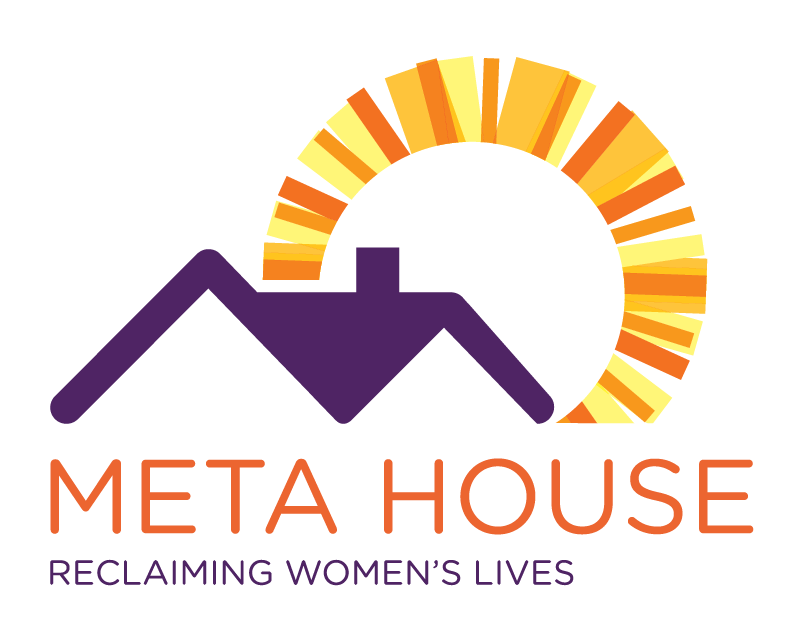6 considerations to make when searching for a substance use treatment program
So you’ve had the tough conversation about your or your loved one’s substance use disorder and you’re starting to think about treatment. Where to begin? The treatment industry is buzzing with edgy and attention-grabbing lingo; especially if you’re new to treatment, it’s difficult to distinguish what the right fit is for you or your loved one. There are seven key components to consider when determining what the right fit might look like.
• Level of care: Inpatient – commonly referred to as “residential” – is an intensive treatment setting in which you or your loved one will live in the treatment facility. Outpatient, intensive outpatient – often abbreviated as “IOP,” and day treatment is encouraged for those who are able to maintain sobriety while living in her own home while attending a treatment program during the day. Outpatient is usually recommended for individuals who have already begun their recovery journey and need the support of ongoing care.
• Detox / Withdrawal Management. Detoxification and/or Withdrawal Management is a vital part of the treatment process, especially if you or your loved one is addicted to alcohol, opiates, heroin, benzodiazepines, methamphetamine or methadone. Detoxing without proper medical supervision can be dangerous, even fatal; please contact us should you need a referral. Some inpatient programs have the ability to detox new clients onsite. For most, individuals will coordinate with the treatment program to first detox at a medical clinic and then be transported directly to treatment.
• Ability to address co-occurring mental health disorders: The Substance Abuse and Mental Health Services Administration found in its 2014 National Survey on Drug Use and Health that 39% of adults with a substance use disorder also had a co-occurring mental health disorder. These disorders often include depression, anxiety, Bipolar Disorder and Post-Traumatic Stress Disorder (PTSD), among other diagnoses. For this reason, it’s critical to have therapists who can address these concerns and treat them accordingly.
• Evidence-based practices: The most effective treatment programs incorporate evidence-based practices into their approach. These protocols have been tested and tracked for long-term effectiveness.
• Individualized treatment: Treatment is a deeply-personal experience. Because each person’s experiences are unique, causes of substance use disorder vary; thus, there’s no one-size-fits-all approach to overcoming substance use disorder. When entering a treatment program, the plan should be centered on your own goals for recovery so that it’s sustainable in the long term and adaptable to your life.
• Medication-assisted treatment. You’ll see this also referred to as MAT in a lot of addiction treatment literature. For those addicted to opioids/heroin, medications such as Buprenorphine (Suboxone – buprenorphine and naloxone), Methadone (a highly-regulated prescription administered and supervised daily in a clinic) and Naltrexone can be helpful in recovery. Buprenorphine and Methadone activate opioid receptors that helps suppress cravings. Naltrexone, according to SAMHSA, actually, “blocks the euphoric and sedative effects of drugs such as heroin, morphine and codeine” by binding and blocking opioid receptors in the brain. It’s commonly administered as an intermuscular injection called Vivitrol.
Ready to take the next step toward recovery? The compassionate team at Meta House is dedicated to helping you or your loved one address the root cause(s) of her addiction and begin healing.
